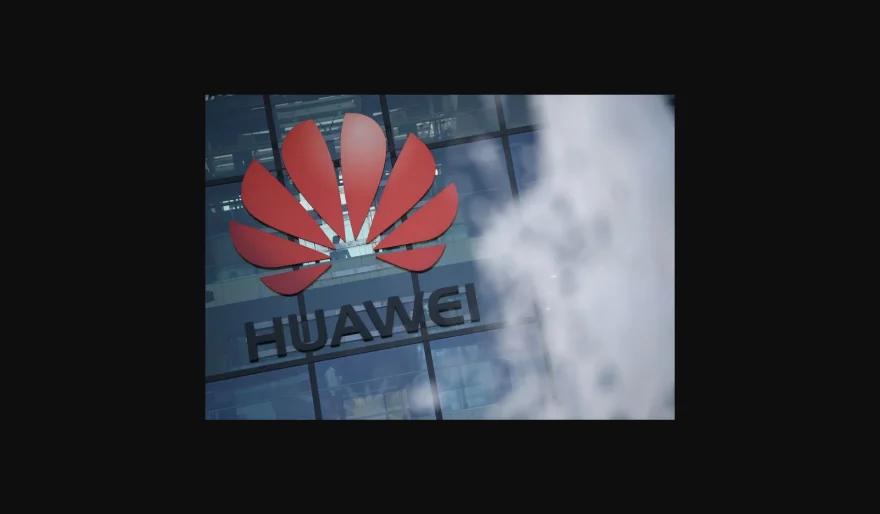Stay Ahead of the Curve
Latest AI news, expert analysis, bold opinions, and key trends — delivered to your inbox.
U.S.–China Tensions Reignite Over Huawei’s AI Chips
3 min read China is threatening legal action over U.S. export rules targeting Huawei’s AI chips, reigniting tensions as the U.S. initially banned their use “anywhere in the world.” The U.S. has since softened the language, but the dispute highlights ongoing tech friction between the two nations. May 22, 2025 13:15
Just as U.S.–China trade relations were starting to cool, a fresh tech flashpoint has reignited tensions — this time centered on Huawei’s AI chips.
On Wednesday, China’s Commerce Ministry fired back at new U.S. export restrictions, threatening legal action against anyone who enforces U.S. guidelines banning the use of Huawei’s Ascend AI chips, even outside U.S. borders. The move comes in response to a May 13 policy reminder from the Trump administration, which reinstated hardline language after revoking Biden’s more flexible AI Diffusion Rule.
The original guidance warned that using Huawei’s AI chips “anywhere in the world” could violate U.S. export laws — a phrase China viewed as extraterritorial overreach that undermined recent trade talks.
Under pressure, the U.S. Commerce Department has since softened the language, removing the global-use clause, but the damage may already be done.
What’s at Stake?
-
Huawei’s Ascend chips are central to China’s efforts to build domestic AI capabilities and reduce reliance on U.S. tech.
-
The extraterritorial reach of U.S. sanctions is a longstanding sore point for Beijing.
-
The escalating chip war could ripple across global AI supply chains, affecting developers, infrastructure providers, and cloud platforms.
This latest clash reveals just how tightly AI, chips, and geopolitics are now intertwined — and how quickly diplomatic progress can unravel when silicon enters the equation.



















 AI Agents
AI Agents